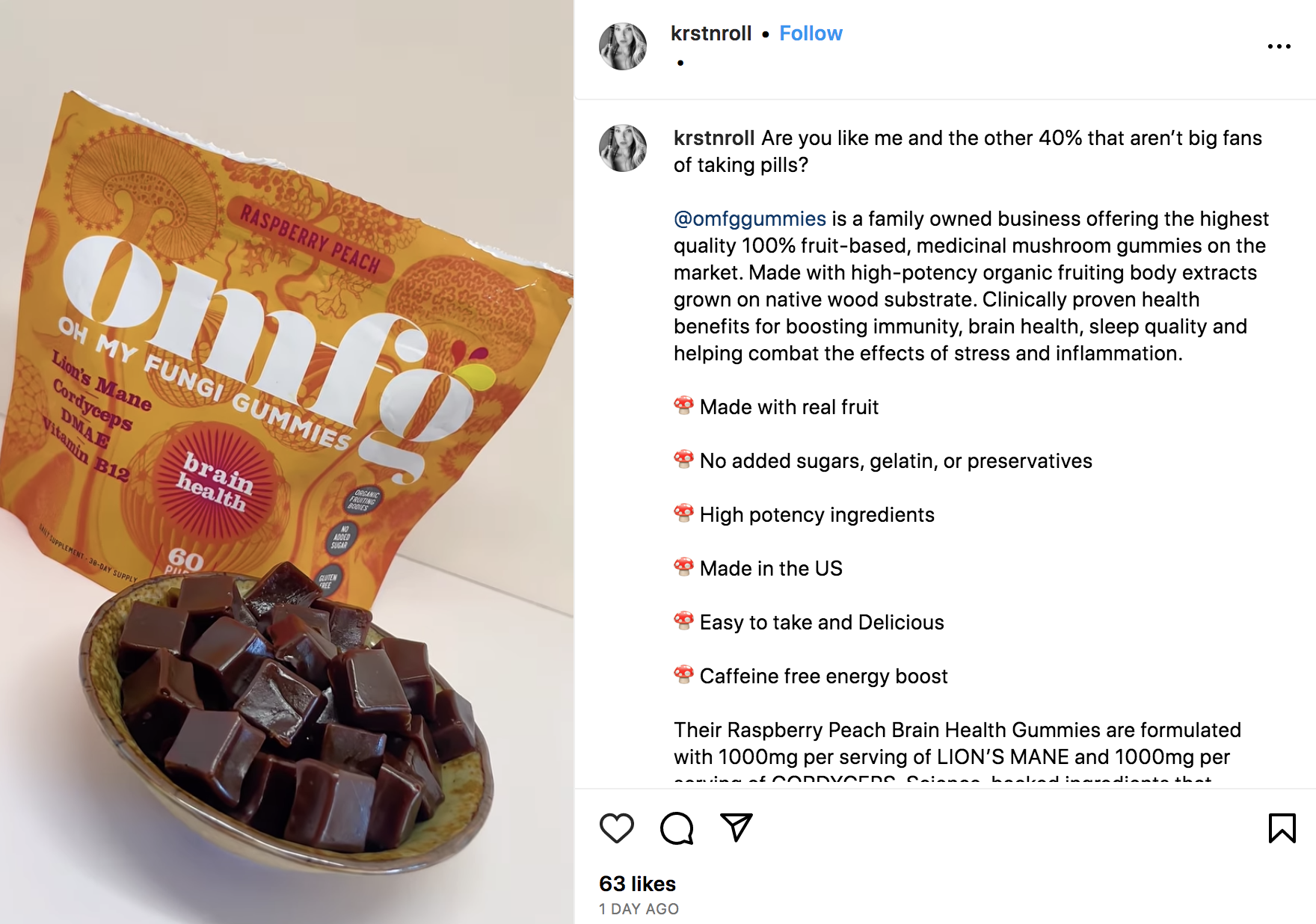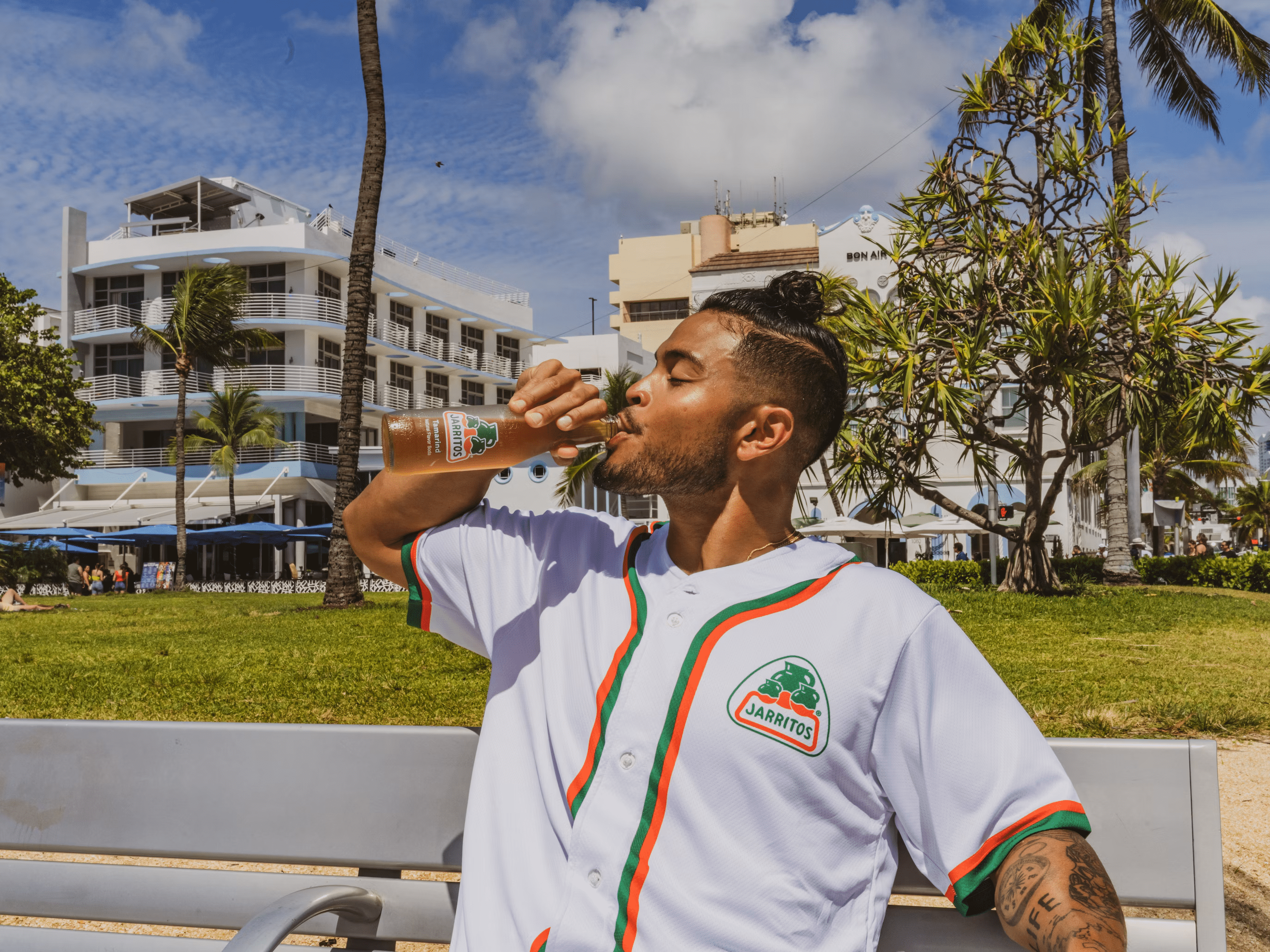Influencer marketing has emerged as a formidable force, empowering businesses like yours to elevate brand visibility and catalyze sales. As the influencer marketing landscape undergoes a dynamic transformation, we invite you to capitalize on emerging trends and opportunities that will redefine your collaborations with influencers. By staying informed and responding to these shifts, you can craft sophisticated and compelling campaigns that genuinely connect with your target audience
II. Impact on Brand Awareness
A. Influencers' role in reaching new audiences
Influencers are the perfect partners for brands trying to increase their reach since they have a loyal following among a certain target group. Brands can reach new, engaged audiences that may not have previously been aware of their goods or services by working with influencers. Additionally, brands can use influencers to break into highly relevant niche markets to increase the number of potential customers.
- According to a survey conducted by Tomoson, businesses are making $6.50 for every $1 spent on influencer marketing (old source: Tomoson, Influencer Marketing Study).
- A study by Nielsen found that 88% of consumers trust recommendations from individuals, even if they don't know them, over brands (source: Nielsen Global Trust in Advertising Report).
- More than 75% of brand marketers intend to dedicate a budget to influencer marketing in 2022. ( source: Influencer marketing hub)
- A survey by Mediakix found that 89% of marketers believe that the return on investment (ROI) from influencer marketing is comparable to or better than other marketing channels (source: Mediakix, Influencer Marketing Survey).
B. Credibility and trust through influencer endorsements
Influencers often become authoritative personalities in their sector as a result of the trust and credibility they develop over time with their following. Brands may take advantage of this trust by collaborating with influencers in genuine ways. Influencers' followers are more likely to trust and use the promoted goods and services if they are endorsed by them. As fans spread the influencer's content among their networks as a result of this endorsement, brand awareness may be further raised.
C. Enhanced brand visibility on social media platforms
Collaborations with influencers can greatly increase a brand's exposure on social media through both sponsored and unpaid content. The reach and engagement of the brand may grow as a result of these agreements because social media algorithms frequently reward influencer content. Additionally, influencer partnerships produce shareable content that followers can engage with by liking, commenting on, or reposting. By repurposing this user-generated content for their marketing initiatives, firms may increase their reach and brand exposure.
III. Impact on Sales
A. Driving purchase decisions through influencer recommendations
Because their followers frequently regard them as reliable sources of information, recommendations from influencers can have a significant impact on buying decisions. Given the influencer's perceived authority and credibility in their domain, followers are more inclined to consider purchasing a good or service when it is recommended by an influencer.
B. Utilizing influencer-specific promotional codes or affiliate links
Brands can track the success of their influencer partnerships by including special promotional codes or affiliate links in influencer collaborations that entice followers to make purchases. This strategy not only encourages customers to try a brand's goods or services, but it also offers insightful data on the revenue produced by each influencer partnership.
Example:
A skincare brand partners with a beauty influencer to promote their new line of face masks. The influencer creates engaging content featuring the face masks and shares a unique promotional code, such as "BEAUTY20", offering their followers a 20% discount on their purchase. Alternatively, the influencer could share an affiliate link that directs their followers to the brand's website.
As a result, the influencer's followers are more likely to try the skincare brand's face masks due to the discount, and the brand can track the number of sales generated by that specific partnership. By analyzing the sales data, the skincare brand can assess the effectiveness of the collaboration and adjust their future influencer marketing strategies accordingly.
C. Influencers as a source of user-generated content and social proof
User-generated content, such product reviews, unboxing videos, or before-and-after pictures, is frequently produced as a result of influencer partnerships. Social proof provided by this content can help persuade future customers of the worth or efficacy of the product. Brands may gain the trust and credibility of their target audience by showing real-world experiences and influencer testimonies, which will eventually increase sales.

source ( @krstnroll )
D. Measuring the return on investment (ROI) of influencer collaborations
Brands should calculate their campaigns' return on investment (ROI) in order to evaluate the success of influencer engagements. Tracking key performance indicators (KPIs), such as the volume of sales produced, the rise in website traffic, and general engagement rates, can help with this. Brands may assess the success of their influencer partnerships and make wise choices regarding upcoming collaborations by examining these data.
Explore influencer marketing with Social Cat's free trial or schedule a demo to learn how partnering with micro-influencers can elevate your brand's presence.
IV. Factors Influencing the Success of Influencer Collaborations
A. Choosing the right influencers (niche, audience alignment, engagement rates)
The right influencers must be chosen who fit the brand's niche, target market, and values in order for influencer collaborations to be successful. It's crucial to take into account variables like the influencer's engagement rates, the caliber of their content, and the demographics of their followers. Brands can increase the likelihood of a fruitful cooperation by teaming up with influencers that connect with their target market.
B. Developing authentic and relevant content
The effectiveness of influencer collaborations depends on producing honest and pertinent content. Together, the influencer and the brand should create content that appeals to the audience's interests and wants while authentically and relatably exhibiting the business's goods or services. Trust between the influencer, the company, and their audience is fostered via authentic content, which ultimately boosts engagement and conversion rates.
C. Establishing clear goals and performance metrics
Establishing specific objectives and performance indicators before initiating influencer cooperation is crucial for gauging the campaign's effectiveness. By establishing these goals up front, you can make sure that the influencer and the brand are on the same page and striving for the same goals. Sales generated, website traffic, social media engagement, and general brand recognition are examples of performance measures.
D. Balancing influencer creative freedom with brand guidelines
In order for influencer cooperation to be successful, there must be a careful balance between giving the influencer creative license and following the brand's rules. Influencers should be given the freedom to make material that represents their own voice and style because they are specialists at communicating with their audience. Brands must simultaneously make sure that the content adheres to their messaging and values. This balance can be achieved, and a successful relationship can result from open communication and cooperation between the two sides.
This article on How to succesfully launch a campaing when collaborating with influencers
V. Challenges and Potential Risks

A. Navigating influencer marketing regulations and disclosure requirements
For the sake of openness and consumer protection, influencer marketing is subject to a number of laws and disclosure requirements. Companies need to be aware of these laws, which oblige influencers to provide sponsored content disclosures that are both plain and obvious, such as the FTC rules in the US. While navigating these requirements can be difficult, doing so is crucial for preserving consumer confidence and avoiding potential legal problems.
B. Mitigating risks associated with influencer controversies or scandals
Working with influencers carries the inherent danger of being linked to any scandals or issues that may develop throughout the partnership. Brands should thoroughly investigate possible influencers, looking into their previous actions and public perceptions, in order to reduce these risks. With influencers, clear ground rules and expectations can also help head off problems. Brands should be ready to face any problem or scandal that arises and take the necessary steps, such as severing ties with the influencer or ending the collaboration.
C. Ensuring cost-effectiveness and scalable influencer marketing strategies
Making sure influencer marketing is cost-effective is essential because it might require a significant commitment from brands. Companies should carefully analyze the influencer's reach, engagement rates, and general alignment with the brand's target audience when estimating the potential return on investment (ROI) of their influencer collaborations. Brands should take into account engaging with a variety of influencers, including micro-influencers, who may provide a greater ROI owing to their targeted, engaged audiences, to establish a scalable influencer marketing plan. Brands may also make data-driven decisions and enhance their influencer marketing strategy for optimum cost-effectiveness by tracking and analyzing campaign performance.
CONCLUSION
In conclusion, influencer marketing has established itself as a potent strategy for companies looking to raise their brand recognition and boost sales. Future predictions indicate that this type of marketing will continue to change as new trends appear and affect how brands and influencers work together. Brands and influencers may collaborate to produce effective and engaging campaigns that connect with consumers by remaining informed and reacting to these developments. So let's embrace influencer marketing's exciting future and take full advantage of the opportunities it offers!
Table of content
Looking for influencers?










